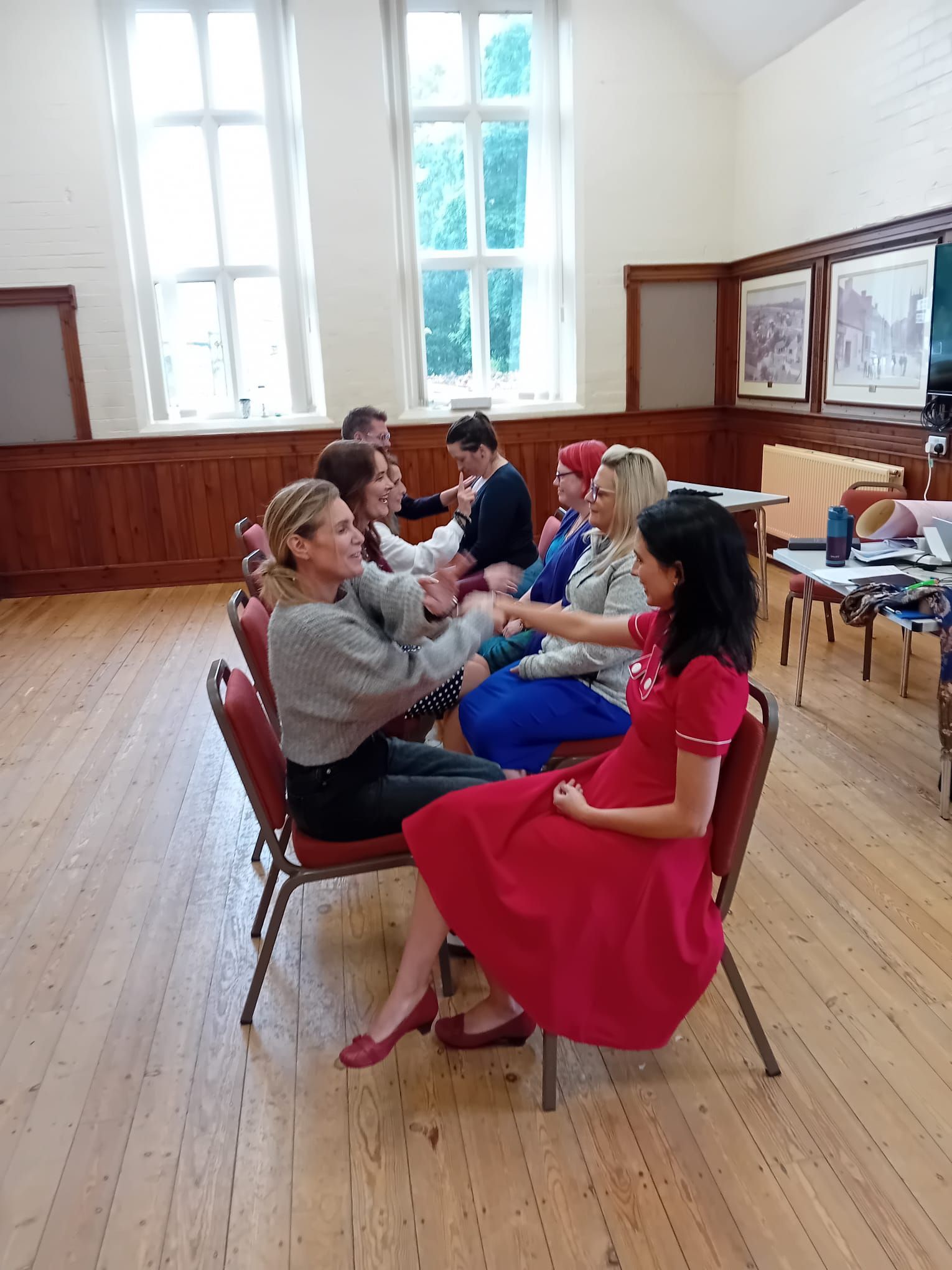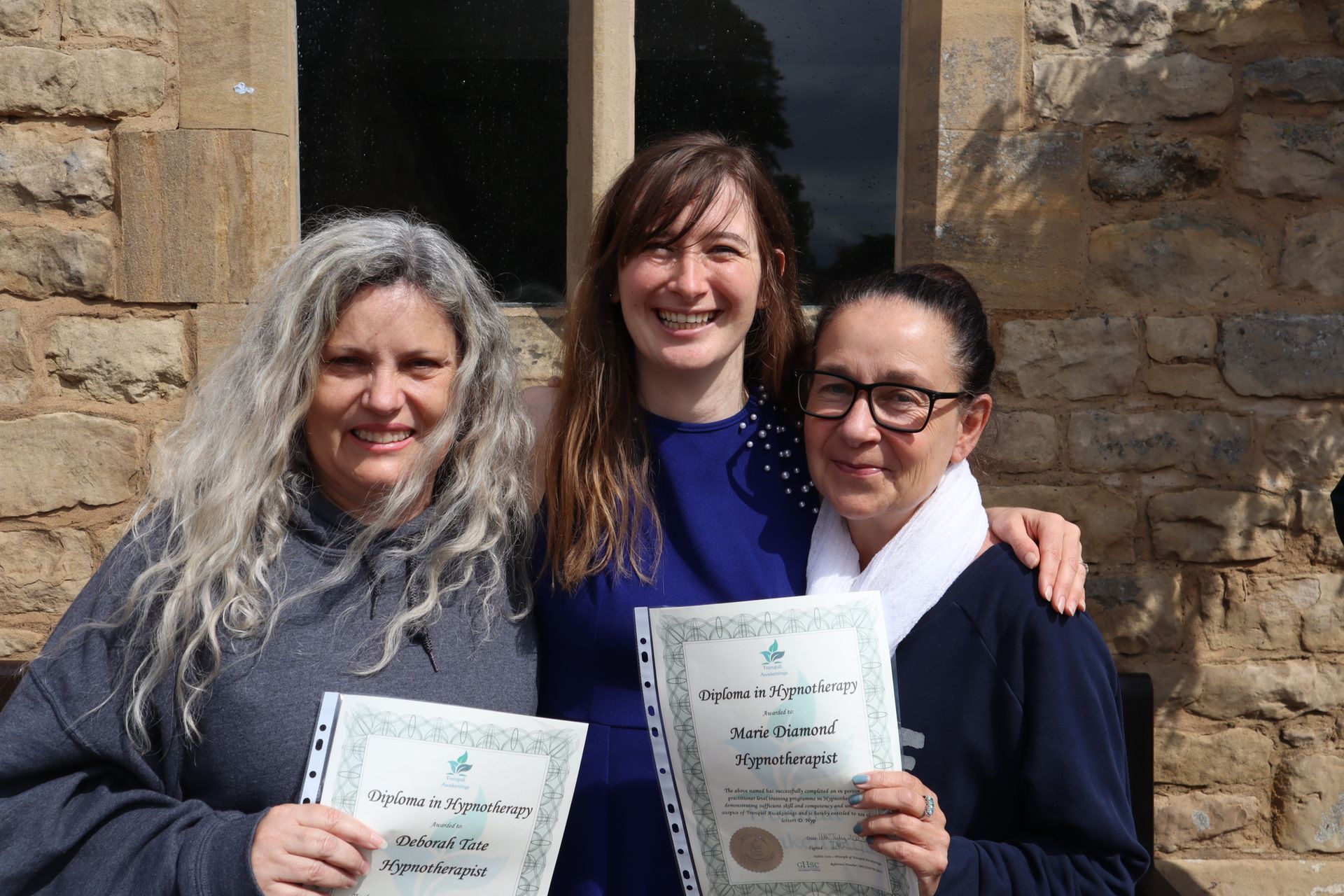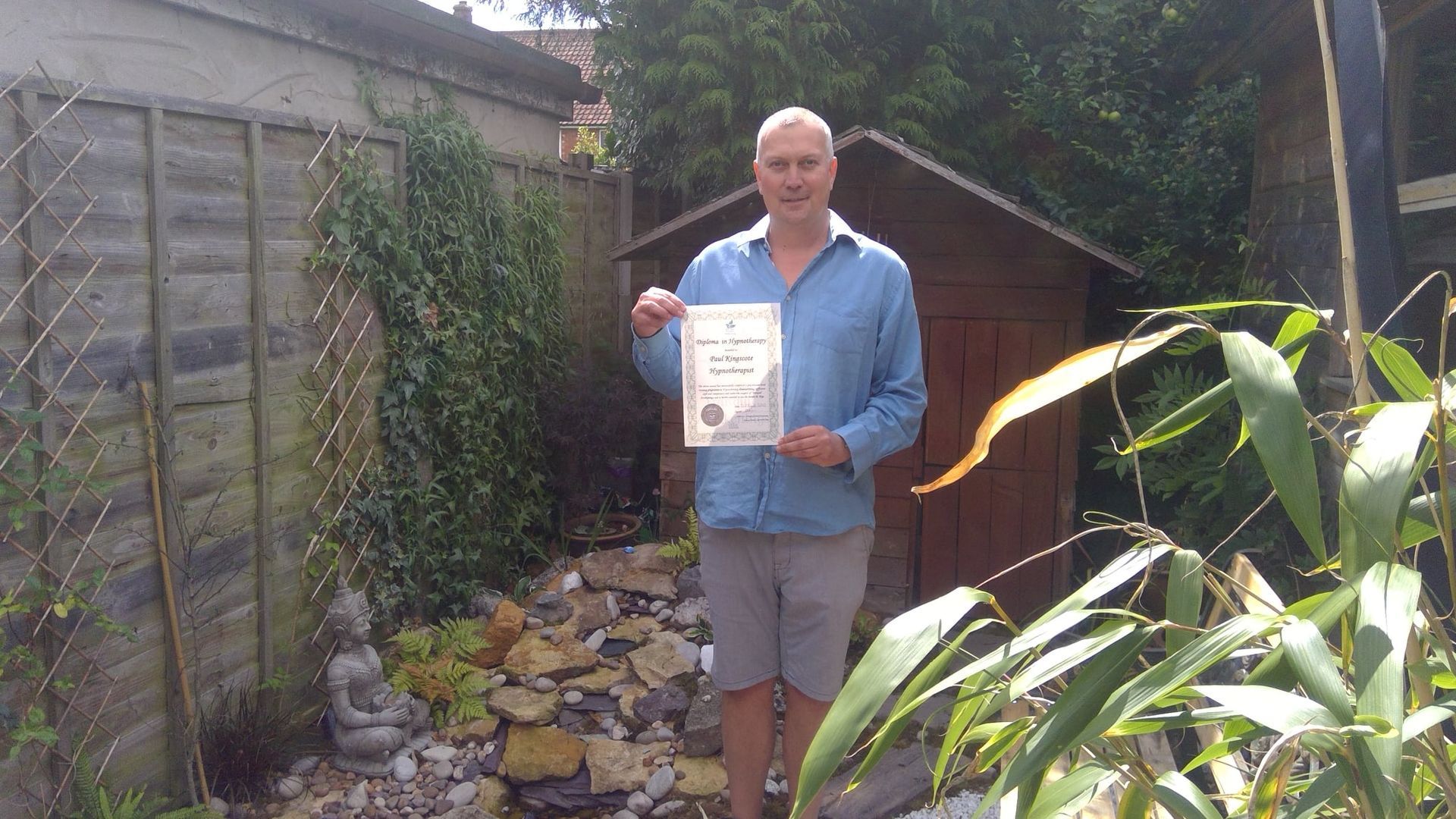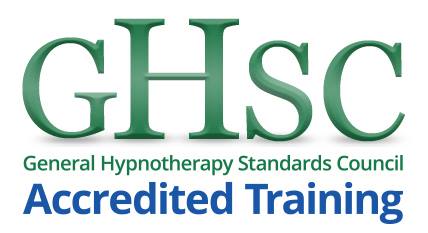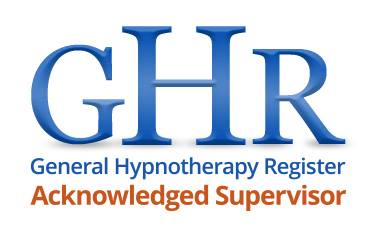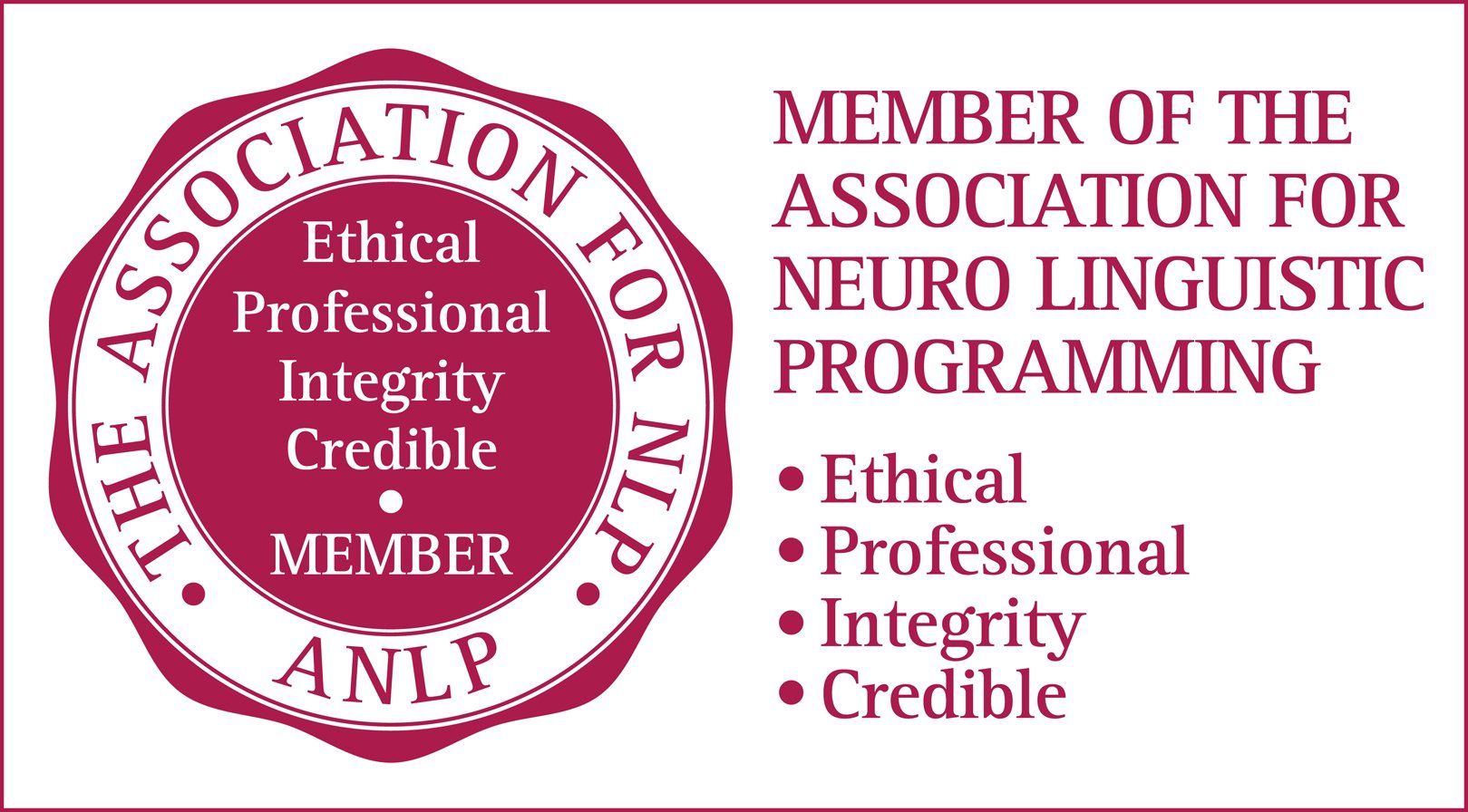Prospectus
Course Tutor
My name is Debbie Ison and I have a passion for teaching and learning.
.
I am an Advanced Hypnotherapist and NLP Master Practitioner and Trainer, and run a thriving therapy business based in Lincoln. I started my career as a Primary School Teacher after attaining a First Class Honours Degree in Primary Education with Qualified Teacher Status from Bishop Grosseteste University Lincoln.
.
During my years of teaching I became increasingly aware of the difficulties that individuals face and decided to embark on retraining as a therapist. I received a Distinction in my Clinical Hypnotherapy Diploma attaining a 100% pass rate. Since this time I have undertaken further study attaining my Advanced Diploma in Hypnotherapy and Advanced Diploma in Transpersonal Hypnotherapy; and have had the pleasure of working with a large number of clients with a wide variety of issues, as well as leading training courses and workshops from both my premises and from within schools.
.
For the past 7 years combined my two passions of providing inspiring teaching for the development of others, and my therapeutic work, by creating a high quality hypnotherapy diploma.
.
Relevant Qualifications
- BA (Hons), First Class, Primary Education with Qualified Teacher Status (Bishop Grosseteste University Lincoln)
- Advanced Diploma of Distinction in Transpersonal Hypnotherapy (UKCHT)
- Advanced Diploma in Hypnotherapy (Oxford School of Hypnosis)
- Clinical Hypnotherapy Diploma of Distinction (100%) (Celestial Healing)
- NLP (Neuro-Linguistic Programming) Trainer and Master Practitioner
- Meditation Teachers Diploma at Distinction Level
- Advanced Diploma in Past Life Regression Therapy (100%)
- Hypnotherapy for Pregnancy and Birth Plan Certificate of Merit
- Hypnotherapy for Skin Disorders and Pain Management Certificate of Merit
- Hypnotherapy for Weight Loss Certificate of Merit
- Usui Reiki Master and Teacher (Diana Jackson)
- Tibetan Reiki Master and Teacher
- OldPain2Go Practitioner
- Thought Field Therapy (TFT) Practitioner
- Integral Eye Movement Therapy Advanced Practitioner (IEMT)
- BWRT Level one
- Kinetic Shift Practitioner
- Sound Therapist
.
Professional Membership
- General Hypnotherapy Register (Advanced Practitioner ADPR & Supervisor)
- Past Life Regression Therapists Association
- ANLP (Trainer Member)
- IEMT Association
If you wish to see me for therapy please visit my therapy website by clicking the button below.
Or for more information about the course please continue on this site.
Course Description
This is a comprehensive course that assumes no prior knowledge of Hypnosis, Hypnotherapy or NLP. The objective of the course is to provide a comprehensive understanding of the principles of hypnosis and clinical hypnotherapy, as well as incorporating elements of NLP. During this course you will be given all the skills that you require to become a competent and confident hypnotherapist. Upon completion of the course you will be entitled to become a practicing hypnotherapist should you wish.
.
Number of Modules: 18
.
Course Structure:
This course consists of 450 hours of training. 130 of these hours will be classroom based learning in the presence of the tutor.
Each tuition day will consist of theoretical lectures, presentations and discussions, practical demonstrations, group work activities and practice of the techniques taught.
.
You will receive each module as a course handbook for your reference and will be sent relevant reminder videos during the course.
.
The remainder of the hours will be completed through self-directed study which will include reading books and researching information, coursework, keeping a reflective journal, self-hypnosis and therapy practice.
.
The course is provided in two different options which consist of:
.
Daytime course:
• 20 days classroom based learning as part of a group (9.30am-4.30pm).
• The course is supplemented with an online learning platform for you to access additional support materials.
.
Course Assessment:
Assessment will be ongoing throughout the course and will consist of:
• Written assignments and case studies; which will be assessed throughout the course. These will draw upon your self-directed study as well as theoretical based tutor learning.
• Tutor observation and assessment of practical skills and therapeutic practice. Other practicing hypnotherapists will also assess part of your therapeutic work.
• Self and Peer Assessment.
• Final Exam Consisting of: written question paper, case study paper and practical skills demonstration.
Course Materials:
You will receive a folder with written material to support your learning; video recordings containing example sessions and your very own pendulum for hypnotic induction.
Course Prospectus
Module 1 – The History of Hypnotherapy
House Keeping
Learning
Becoming a hypnotherapist
The History of hypnosis
What is Hypnosis?
What is hypnotherapy?
How does hypnotherapy work?
The conscious and unconscious brain
The 7+/- 2 obstruction
Right and Left Brain
How the brain receives data.
Neuroplasticity
Who can be hypnotised?
Reading list
.
Module 2 - Psychological Influences
Psychodynamic psychology
Analytical Psychology
Transpersonal Psychology
Behaviourism
Solution Focussed Psychology
Adlerian Psychology
The Mechanistic Model of Psychology
Humanistic Psychology and Maslow’s hierarchy of needs
Eclectic psychology
Integrative Psychology
Gestalt Psychology
.
Module 3 - Suggestion
Suggestion use and management- direct, indirect, metaphorical, Ericksonian, truisms, questions, use of the negative.
Ego-strengthening
Resource building and creating positive states (anchoring)
Use of Voice and breath
.
Module 4 – Rapport and NLP
What is Neuro-Linguistic Programming?
Rapport
Elements of rapport- mirroring, breathing, leading and pacing, blinking, understanding body language, use of voice
The Representational System - VAK
How to identify the representational system that a person is using
Eye Accessing Cues
Other Accessing Cues
.
Module 5 – Hypnotic Management
Hypnotic management
What to do when you are contacted by a potential client
Initial Consultation (Pre-induction)
The Pre-induction step by step
Differing opinions as to how the pre-induction should be conducted
Session Structure -
Prior to the session,
When the client arrives for the session
After the session
Personal and Client Health and Safety, and Risk Management
Contraindications
Expectations of clients and setting the client homework
When to refer a client on
.
Module 6 – Susceptibility tests
Questions that help to identify susceptibility
Waking Susceptibility tests with hints, tips and safety suggestions highlighted – Magnetic Fingers, Magnetic Hands, Bucket and Balloon, Hand lock test
.
Module 7 – Elements of hypnotherapy
Wake ups- Short wake ups, fractionation, full wake ups,
Deepeners – Vocal deepeners, standard countdown, candle countdown, staircase deepener
Rapid deepeners – Authoritarian rapid spoken deepener, Now.
Physical deepeners – shoulder rock, arm drop, fractionation.
Trance depth - Observable clues that indicate what depth of trance your client has achieved for: light trance, medium trance and deep trance depth.
Verifying Trance Depth
.
Module 8– Inductions
What is a hypnotic induction?
Why are different hypnotic inductions required?
Rapid Inductions – Health and Safety, contact and non-contact variations, client counting backwards, hand to face, magnetic fingers, magnetic hands, handshake induction, The Elman 3 handshake induction, 8 word induction, butterfly induction, trigger induction,
Coin drop induction,
Eye-fixation
Milton Erickson’s My friend John induction
The Thumb stare
Confusion Induction
The fractionation conversation
Permissive inductions explained
Sensory overload induction
Metaphorical inductions explained – holiday stroll
Create your own metaphorical induction
Progressive muscle relaxation
Creating Ericksonian induction using nouns and unspecified verbs.
.
Module 9 -Self- hypnosis
What is self-hypnosis?
Using self-hypnosis for your own development
Teaching your clients self-hypnosis.
.
Module 10 – Gathering Information to assist your client during the therapeutic process
Getting the client to take responsibility for themselves.
Eliciting information from a client about what they want to achieve – questions that you could ask
Solution Focussed Questioning
Scaling
The 5 D’s
Primary Secondary and Tertiary Gains
Meta-programmes –- that will have an impact on the way you word hypnotherapy sessions
How to identify key meta-programs that the client is using
Counselling skills
Active listening
What a client needs emotionally to facilitate change
Ego-strengthening and incorporating new strategies
Dilts' Logical Levels of Change
.
Module 11 – How to prepare a hypnotherapy session for your client
Scripts – Pros and cons, how best to use them, how to move away from script work
Planning the session
Thinking about what emotions need to be modified and what outcomes you expect.
Group hypnosis
.
Module 12 – Important things to remember when your client is under hypnosis and following the session
How to deal with Abreaction
Questioning and the danger of creating false memories
Record Keeping
What to do if an emergency should arise
Recording the session and sending recordings to clients, including what to say to ensure the safety of your client when listening to these.
.
Module 13 –Hypnotic Approaches
Ericksonian approaches and language patterns
Analytical Approaches including:
Dissociative approaches
IMR approaches
Inner Child
Metaphorical
Clean Language Questioning
Parts Therapy
Regressive and time-related approaches including:
Age-regression
Past Life regression
Affect Bridge
Specific age
Time distortion
Future pacing and pseudo orientation in time
Free floating
Behavioural Approaches including:
Mind-body (PNI)
Metaphorical
Safe place
Deconditioning
Sub-modality
Cognitive Approaches:
Mindfulness,
Acceptance and Commitment therapy
Rational and Emotive Behavioural Therapy
Metaphorical and Energetic Approaches:
Healing White Light
An introduction to EFT
Guided Garden
Creating Metaphors for therapy
Use of Metaphors for silent/slow release abreaction
An introduction to Eye Movement Therapy
.
Module 14 -Applications
For each application the module contains: an explanation of the condition/issue, how to work with each area, relevant anatomy and physiology, hints and tips, techniques to use and sample scripts for learning purposes.
Smoking Cessation
Weight management
Stress management
Improving Self-confidence and self-esteem
Pain management
Working with depression
Anxiety and panic attacks
Asthma
Conception and Pregnancy
Bedwetting (enuresis)
Skin conditions and dermatology
Stammering
Tinnitus
Anger management
Performance anxiety
Phobias
Sports Hypnosis
Blushing
.
Module 15 - Policy, ethics and codes of conduct
Data Protection
Obtaining consent (including example policy)
Cancellations (including example policy)
Payment
GP consent- when to gain consent, how to obtain consent (example letter to GP and client consent to contact GP forms included)
Client- therapist relationship
Accompanied clients, minors and vulnerable adults
DBS checks
Safeguarding
Child welfare – Including information about the Children’s Act and what to do if you believe that a child is being abused.
Codes of Conduct and Ethics
GHR Code of Ethics
Risk Assessment
.
Module – 16 Client Experience
This will be an entirely practical model where you will be applying the techniques that you have learnt about and have been using throughout the course. You will work with a genuine client through the entire process, from initial contact all the way through the therapy sessions that you have designed for them.
..
Module 17 – Setting up your business
Pricing
Ways to advertise including pros and cons– social media, website, directories, leaflets and flyers, networking, talks and presentations, every day conversations
Advertising Standards
Insurance
Joining the GHR and other professional organisations
Other considerations
.
Module 18 – Development as a Therapist
Continuous Professional Development
Supervision
GHR supervision requirements
Getting the most out of supervision
Being a reflective practitioner
Engaging with research and other therapy/ therapists.
Therapist Wellbeing
The Principles of good practice
Dealing with difficult client situations
In this video recent graduates discuss what they have learnt on the hypnotherapy course by Tranquil Awakenings.
Testimonals
"I was really pleased to get a place on the Tranquil Awakenings hypnotherapy diploma course.
It was something I had been thinking about for a while and I was delighted to have secured a place after talking with Debbie who likes to check you are suitable for the course and her learning style.
I cannot rate this course highly enough. The skills Debbie teaches literally are life changing, not least in giving you tools to "self help", but also to establish yourself as a capable, experienced practitioner.
I left behind a corporate world to train as a clinical hypnotherapist, and have taken part in, and ran many training sessions.
Debbie is by far the most competent and engaging teacher I have ever experienced.
Her vast professional experience in the field, the range of skills and techniques she practices and her teaching skills combine to create a truly first class course. She tailors each teaching session to the skills and aptitudes of her students and skillfully ensures we all learn thoroughly, despite having a range of backgrounds/experiences and learning styles.
Thanks to the diverse techniques and thorough grounding in both a wide breadth of theoretical and practical element's that Debbie ensures all of her students experience before graduating I feel very confident to begin my practice".
Louise Robinson, Lincoln
"I have been on many courses over the last few years, but none have matched the quality or standards of this one. It is well structured, organised and thorough. We were given the paperwork for each course modules as we went along and by the end it, had a large folder that covered everything we had learned, so we can refer back to it at any time in the future. The modules were explained clearly and concisely, with an unsurpassed attention to detail. Also, it is accredited with General Hypnotherapy Standards Council, the UK’s largest Professional Association for practising hypnotherapists, which in itself adds huge value.
.
Debbie is an outstanding teacher. She is supportive, approachable and provided constant encouragement and feedback throughout the course. If ever I was not 100% sure of something, she was very patient and would go over it again until I was fully competent. I felt totally inspired by her knowledge and ability, this gave me the motivation to keep practising and commit to the work required to pass the course.
.
I now feel fully equipped and competent in the art of hypnotherapy. If you are interested in how the mind works and have a genuine desire to help people, I can confidently recommend Debbie and her Tranquil Awakenings hypnotherapy course".
Diane Goodenough, Lincoln
.
"I spent 2 years looking for a Hypnotherapy course which would fit in with my full time employment and would give me the skills to become a confident practitioner at the end, if that's the route I decide to take.
Having friends who had done similar courses but then spent a lot of money to top up their skills, I was determined to find the right course and the right teacher no matter how long I waited.
.
Debbie's course is amazing, her teaching skills and the course material is second to none, it covers all the basics and so much more plus how to set up your own business.
.
Debbie is always available for feedback and support and I am confident that I have
been given all the tools to be a confident and competent hypnotherapist, and I have learnt some amazing skills to help support my own personal growth".
Gill Calvert, Lincoln
"I initially came to see Debbie at the beginning of 2017, in the hope that hypnotherapy could help with feelings of anxiety. I'm pleased to say that it helped enormously and, as I'd never had hypnotherapy before, I was very interested in finding out more. I am a nurse and former midwife and I have also studied psychology, so when I found out that Debbie was offering training to become a hypnotherapist, I jumped at the chance.
Debbie keeps her classes small, which really helps. Her relaxed, but thorough teaching style ensures that everyone can progress at their own pace. However, Debbie always makes sure that her students completely understand something before moving to another aspect of hypnotherapy. It's fair to say that Debbie goes the 'extra mile' for her students, making sure that the classes are fun and varied. If hypnotherapy is something that you have considered learning more about, I can sincerely recommend Debbie and the Tranquil Awakenings course."
Carole Johnson, Lincoln
#
"I have thoroughly enjoyed this course. I have found it very informative and easy to follow, very well structured and the information is given in small chunks making it very easy to take on board. I highly recommend this course and Debbie as a teacher". Claire Bailey, Bardney
In this video recent graduates use one word to sum up the Hypnotherapy Training course by Tranquil Awakenings.
In this video previous students talk to anyone who is thinking of joining the course.

